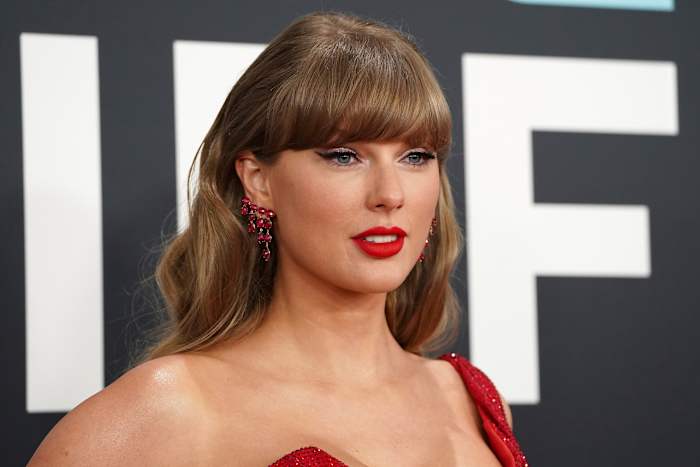Share this @internewscast.com

Udio, a platform specializing in AI-generated music, has announced a 48-hour window for users to download their creations, beginning Monday. This move comes as the company prepares to transition to a new business model in response to a legal settlement.
The decision follows Udio’s recent settlement with Universal Music Group over copyright infringement claims. Universal, which represents major artists such as Taylor Swift, Olivia Rodrigo, Drake, and Kendrick Lamar, had accused the platform of unauthorized use of its intellectual property.
The AI sector is currently embroiled in numerous copyright lawsuits. Last week, the tech industry advocacy group Chamber of Progress urged former President Donald Trump to issue an executive order. The proposed directive would instruct federal attorneys to support the industry’s use of copyrighted material for developing generative AI tools.
Highlighting over 50 ongoing federal cases, the group seeks to avert legal battles that could impose severe financial penalties, potentially stifling AI innovation. Meanwhile, artists remain concerned that AI technologies utilizing their creations may undermine their economic well-being.
In a landmark case, AI firm Anthropic agreed to a $1.5 billion settlement—equating to $3,000 per book—to resolve accusations from authors. The authors claimed Anthropic had unlawfully used nearly 500,000 of their works to train its chatbot.
While Udio and Universal Music Group have not revealed the financial specifics of their new licensing agreements, they announced plans to collaborate on launching a new streaming service.
As part of the agreement, Udio immediately stopped allowing people to download songs they’ve created, which sparked a backlash and apparent exodus among paying users.
“We know the pain it causes to you,” Udio later said in a post on Reddit’s Udio forum, where users were venting about feeling betrayed by the platform’s surprise move and complained that it limited what they could do with their music.
Udio said it still must stop downloads as it transitions to a new streaming platform next year. But over the weekend, it said it will give people 48 hours starting at 11 a.m. Eastern time Monday to keep their “past creations.”
“Udio is a small company operating in an incredibly complex and evolving space, and we believe that partnering directly with artists and songwriters is the way forward,” said Udio’s post.
The settlement deal was the music industry’s first since Universal, along with Sony Music Entertainment and Warner Records, sued Udio and another AI song generator, Suno, last year over copyright infringement.
Udio and Suno pioneered AI song generation technology, which can spit out new songs based on prompts typed into a chatbot-style text box. Users, who don’t need musical talent, can merely request a tune in the style of, for example, classic rock, 1980s synth-pop or West Coast rap.
Record labels have accused the platforms of exploiting the recorded works of artists without compensating them.
In its lawsuit filed against Udio last year, Universal sought to show how specific AI-generated songs made on Udio closely resembled Universal-owned classics like Frank Sinatra’s “My Way,” The Temptations’ “My Girl,” ABBA’s “Dancing Queen” and holiday favorites like “Rockin’ Around the Christmas Tree” and “Jingle Bell Rock.”
A musician-led group, the Artist Rights Alliance, said Friday that the Universal-Udio settlement represents a positive step in creating a “legitimate AI marketplace” but raised questions about whether independent artists, session musicians and songwriters will be sufficiently protected from AI practices that present an “existential threat” to their careers.
“Licensing is the only version of AI’s future that doesn’t result in the mass destruction of art and culture,” the group said. “But this promise must be available to all music creators, not just to major corporate copyright holders.”
Copyright 2025 The Associated Press. All rights reserved. This material may not be published, broadcast, rewritten or redistributed without permission.










